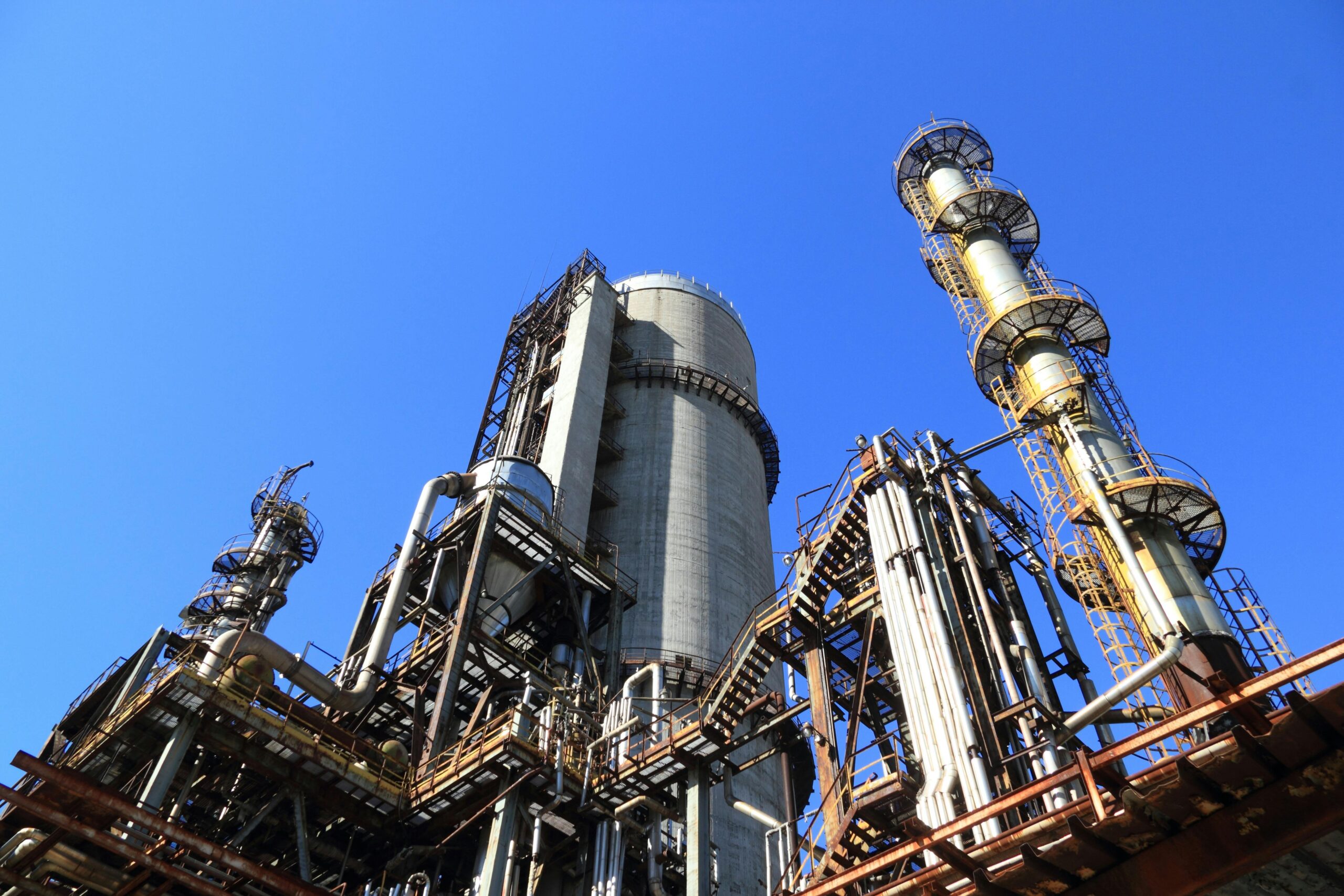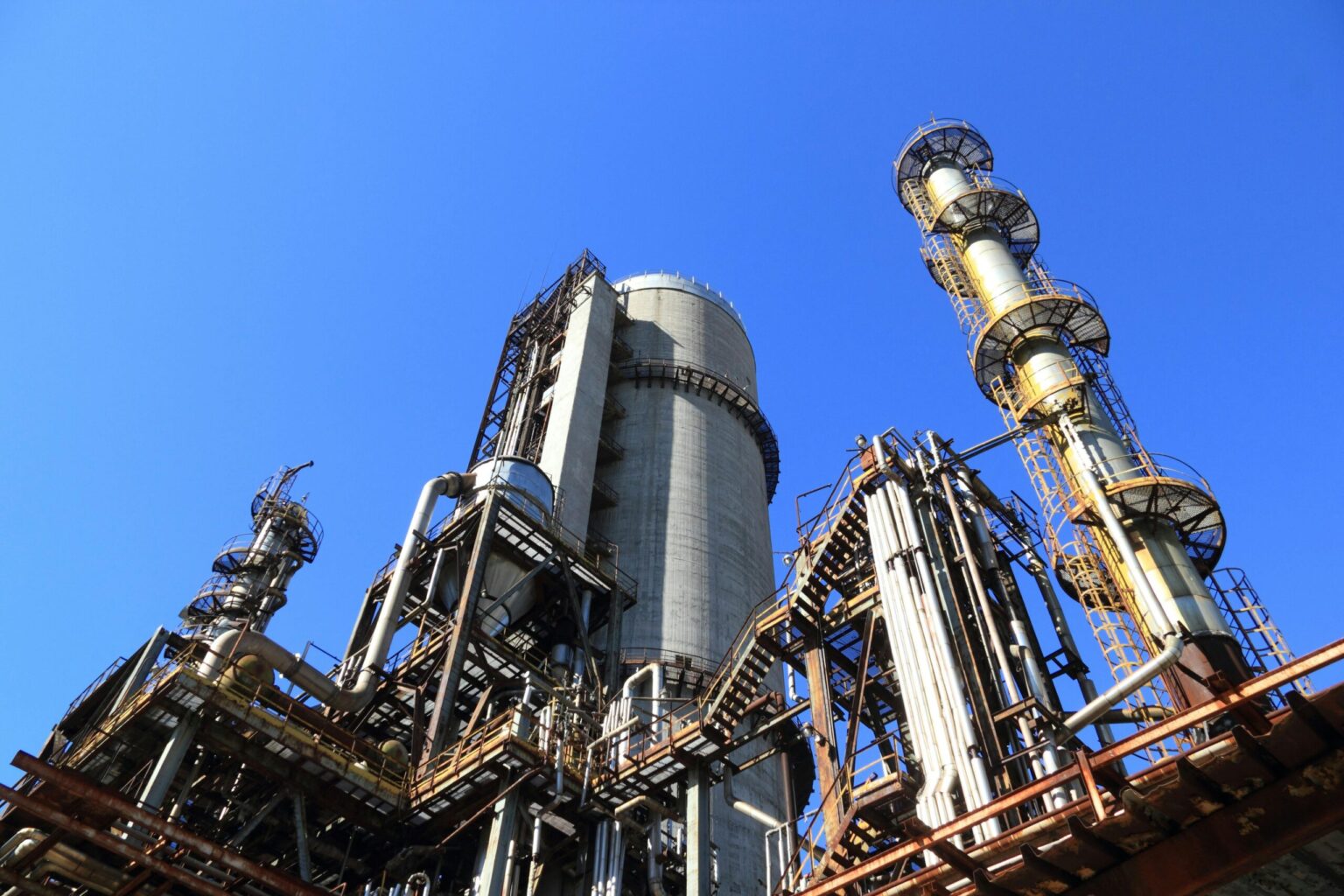
The Kaduna Refinery rehabilitation project has reached 81.1% completion, according to the Nigerian Midstream and Downstream Petroleum Regulatory Authority (NMDPRA). CEO Farouk Ahmed stated that the revamp aims not only to reduce Nigeria’s reliance on fuel imports but also to shield the economy from global crude oil price volatility. He noted that while refinery work is progressing, the condition of associated pipelines remains a critical factor for full operational readiness.
The CEO of NMDPRA, Farouk Ahmed, emphasized that the rehabilitation of the Kaduna Refinery aligns with the agency’s goal to enhance domestic refining capacity, crucial for long-term energy security. He highlighted ongoing support for both modular and large-scale refinery projects across Nigeria, including private ventures like Dangote Refinery.
Ahmed stressed the economic benefits of boosting local refining, which will reduce Nigeria’s reliance on imported petroleum products and protect the economy from global oil price fluctuations. He also pointed out that while lower crude prices may benefit consumers, they result in revenue losses for the government due to Nigeria’s dependence on oil exports.
Farouk Ahmed, CEO of NMDPRA, outlined the agency’s broad regulatory role, overseeing refineries, petrochemical plants, and Nigeria’s distribution infrastructure. Of the ten licensed refineries in Nigeria, only 57.8% are operational, facing various challenges. The Kaduna Refinery’s rehabilitation, announced in 2023 by Minister Heineken Lokpobiri, is expected to start in the last quarter of 2024. NNPC Ltd. also confirmed upgrades to both Kaduna and Port Harcourt refineries.
As the Kaduna Refinery nears full activation, it is anticipated to meet domestic fuel demand, reduce reliance on imports, and ease pressure on Nigeria’s foreign exchange reserves, stabilizing the naira.





